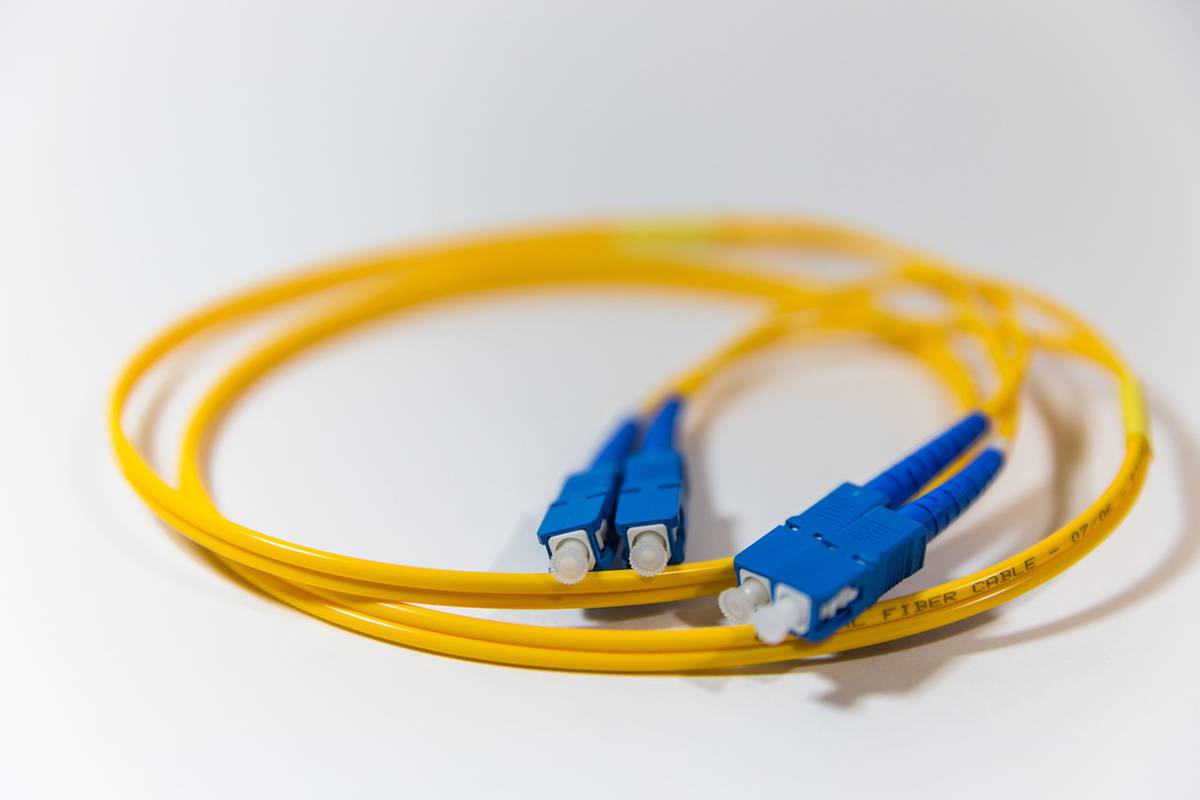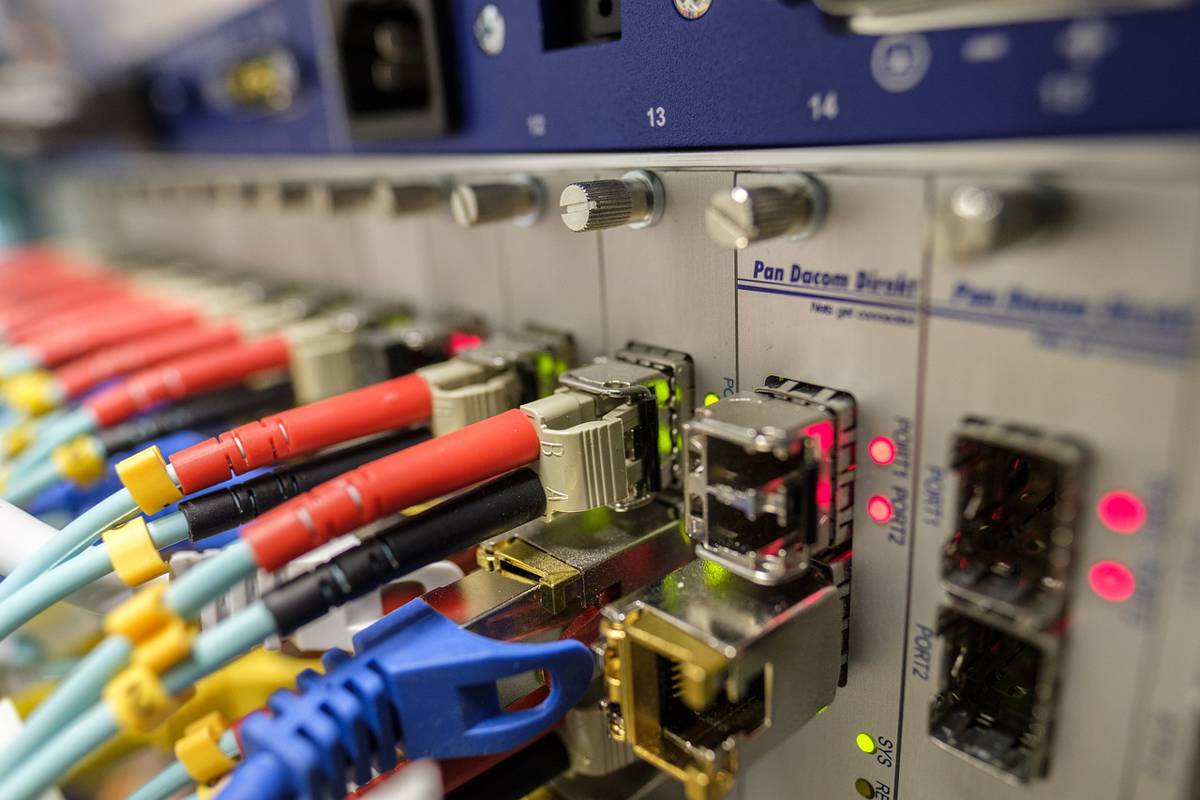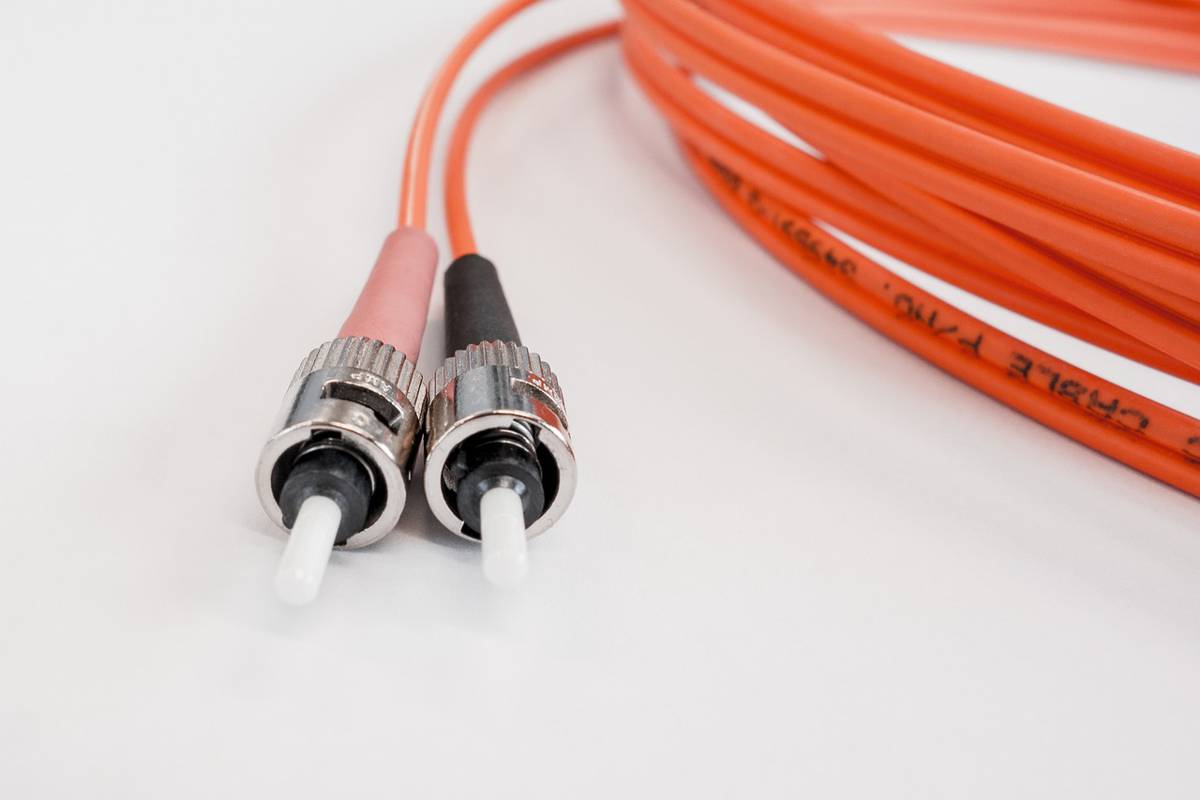The Future of Business is built on Fiber Optic Cable
Speed and security are everything when it comes to internet connections these days. Gone are the times when a slow dial-up connection was the only way to get online. But which type of cabling is the best for your needs?
If you aren’t using fiber optic cabling, you should at least give it a real thought. As it turns out, there are a few serious advantages to using fiber optic cable for your home or business setup.

Speed
Perhaps the single most important reason to check out fiber optics from a vendor like RS is because of the speed it provides. Just about everything in our tech-driven world requires some kind of a connection and the fastest one is usually the best. That is where fiber optic cabling comes into the equation.
Fiber optic internet achieves roughly 1 Gbps, roughly 10-20x what the average cable does. Need an example? If you were using a standard cable internet connection to download a 2-hour movie, it would take anywhere from 7-10 minutes. If you had a fiber optic connection at the aforementioned 1 Gbps, it would take 40 seconds. There is simply no matching the speed of fiber optics.

Reliability
We have all been in the same situation before. You are streaming a movie online when suddenly everyone starts to look like they are straight out of Minecraft. Freezing, skipping, buffering, and a litany of other issues are part of the territory when using another type of connection.
With fiber optics, you have to deal with those issues at a minimal rate. Because it doesn’t require energized lines to operate, fiber optics has far fewer outages compared to cable internet. So long as it isn’t damaged, fiber optics should keep going in the face of just about any other challenge that would take classic cable internet offline.

Safety
While speed is definitely critical in today’s tech world, safety and security are also very important. As it turns out, fiber optic is superior to traditional cable internet service and even 5G for a reason: it is safer, too. While that’s great for our home and business setups, there is more to it than that.
First responders and emergency services use fiber optics because they can get data, video, and voice far faster and more reliably. Those faster and more reliable connections keep us all within reach of one another at a moment’s notice, which could literally mean the difference between life and death in some instances.

Multiple Devices
As technology has evolved, so too has our use of it. Go back to the early 2000s and it was common to have maybe one computer connected to the internet and that was it. Now, each family has several devices all trying to access that connection at the same time. With an inferior connection, that can equate to lags, loss of quality, and even interruptions to service. Unless, of course, you had a fiber optic connection.
There are very few “household computers” these days. Kids have their own computers or laptops, tablets, and smartphones number in the billions globally, and that’s not even mentioning IoT devices like smart thermostats, smart locks, and home assistants.
Fiber optics can handle all of that and more. The steady signal means not only more bandwidth and fewer signal losses and far fewer issues handling all of those devices. Even when streaming video and music from multiple devices at one time, fiber optics stands up to the task. While there are other, more cost-effective connections out there, you won’t find a better bang for your buck than fiber optics.





























